
Watch out, Audi! How Lexus staged a sales comeback in 2023 off the back of updated Lexus RX, NX and UX SUVs
The cold, hard facts of the 2022 sales data were not good for Lexus. The brand...
Browse over 9,000 car reviews
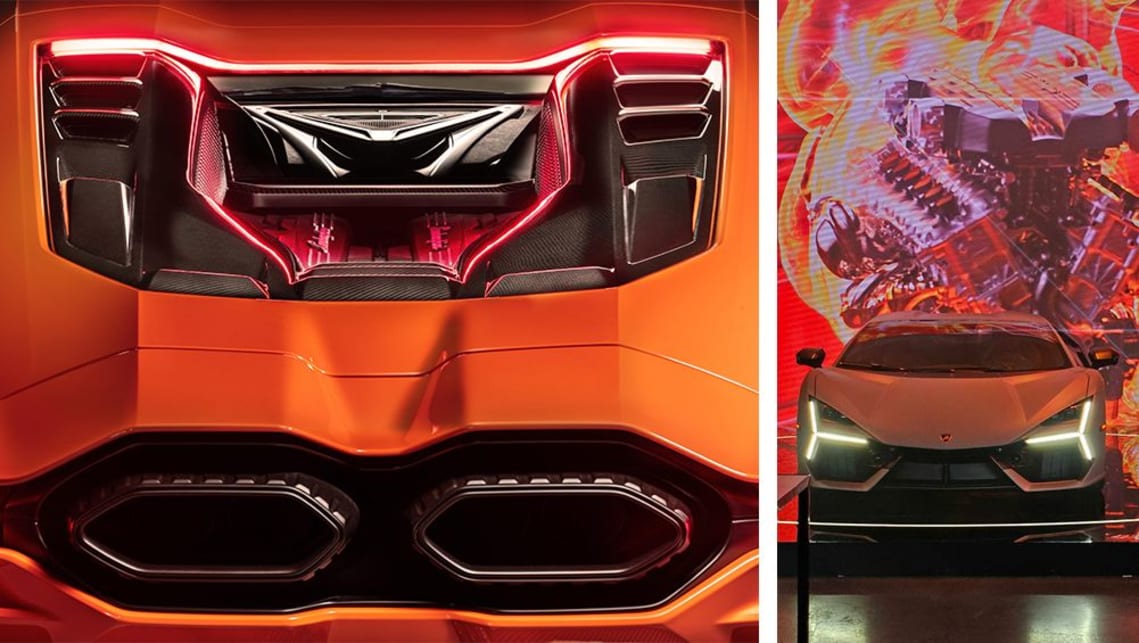
If you’ve heard fans of Lamborghini, whether customers or not, lamenting the incoming wave of electrification from the Italian brand and heralding the end of supercars as we know them, Lamborghini disagrees.
Of course a brand’s top brass would disagree when asked if changes to the nature of its products means a step backwards, but one of Lamborghini’s executives has compared it to the rise of premium SUVs years ago - and didn’t that go well?
At the Australian launch of the successor to the Aventador, the Lamborghini Revuelto, Asia Pacific Region Director Francesco Scardaoni said that the hybridisation of its model range could do for Lamborghini what the Urus did - by being an opportunity for the brand to attract new customers.
Where the Urus attracted a type of buyer more interested in the brand’s prestige than in its supercars, Scardaoni said the electrification of the Raging Bull will attract those who are only interested in supporting sustainable business practices.
“The first half of next year we'll see the new Urus hybrid,” Scardaoni said. “And of course this will be giving us the opportunity to revamp even more the attention on Urus.
“And so, absolutely we believe that there will be, you know, another big hit, another big wave of super SUV lovers that will give that love to Lamborghini.
“Many of them will be coming from the current Urus, many will be new to the brand, is what we expect.”
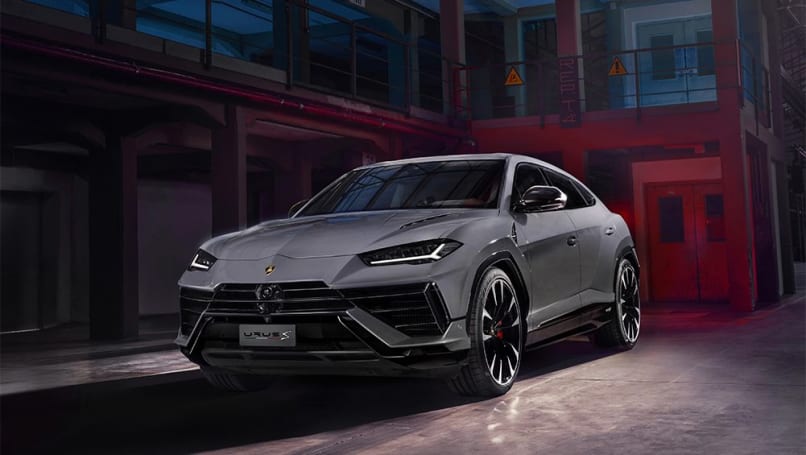
Scardaoni was keen to stress that the emotion involved in Lamborghini’s cars is still the most important element. The new Revuelto, for example, features a redesigned version of the brand’s naturally aspirated V12 engine, a 6.5-litre unit, that does a fair bit of the heavy lifting to make the Revuelto’s 747kW and 725Nm total outputs.
But assisting the V12 are front- and rear-mounted electric motors, good for 220kW and 110kW respectively. The claimed 0-100km/h sprint is just 2.5 seconds, while the new jewel in the Raging Bull brand’s crown can top out at 350km/h.
And it’s already sold out for the next two years. If there was a hint that customers are still interested in an electrified Lamborghini, that might just be it. But is it possible for the rest of the brand’s models to do the same without the draw of one of the world’s last naturally aspirated V12 engines roaring behind their head?
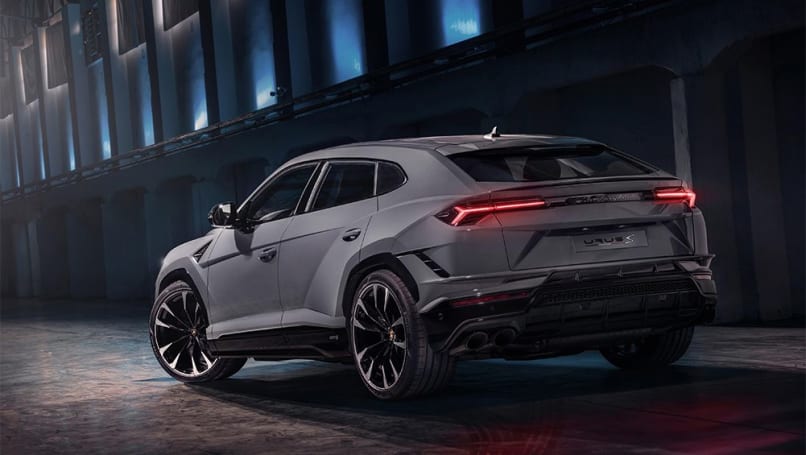
“We think so,” Scardaoni confirmed. “Urus brought 70 per cent of customers new to the brand. And those customers started also to go see super-sport cars from Lamborghini.
“Once they got the Urus, they've been invited to other events, and they drove our super-sport cars. They realised that Huracan is really a playful machine, so easy to drive and so comfortable, and they started to be interested in super sport cars.”
It’s fitting then that the next car to take the step into hybridisation will be the Urus, one of the company’s bolder models launched in recent years.
Since the Urus launched in 2018 and hit full production the following year, Lamborghini’s manufacturing essentially doubled.
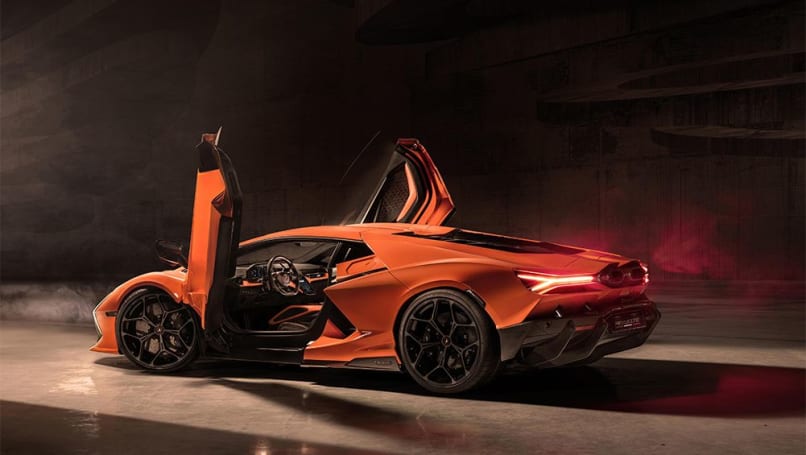
However, Scardaoni told journalists the brand is at maximum capacity for production right now (thus not likely to bring down that two-year wait time for a Revuelto), so ‘new’ customers might not necessarily mean a higher number of customers.
“With Urus hybrid, we believe that we can also have something similar [to its original launch, but] also getting the attention of those customers that are looking for sustainable products.
“You know, we have many, many customers right now that are not even sitting at the table configuring a new car ... if the product is not sustainable, or the company is not sustainable.”
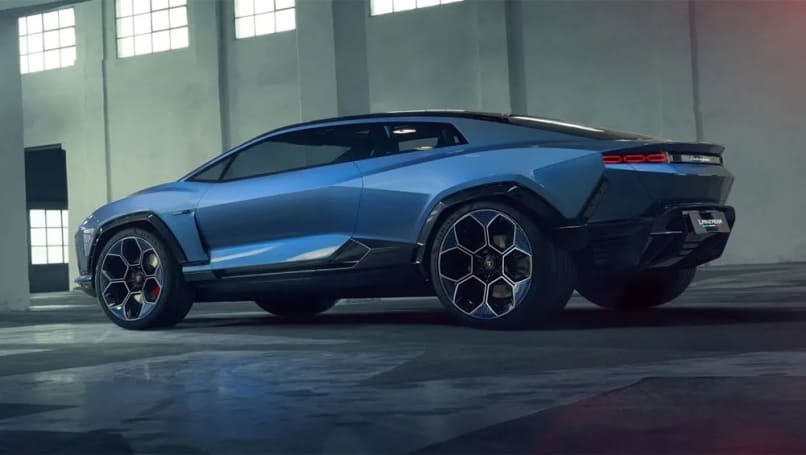
Not only does Lamborghini claim its production plant is carbon-neutral, but it also plans to launch its fourth model line, referred to by Scardaoni as the name of its concept version the Lanzador, an electric 2+2 seater with a raised ride height - coming in 2028.
“So on this for Lamborghini, we have a, I would say 360-degree approach to sustainability not only on our fleet, but also in our plant.
“We are CO2 neutral, we implemented many things in the factory to be CO2 neutral, but also, implementing new technology in terms of painting… Many, many projects that we implemented in our production plant in Italy need to be sustainable.
“So we will face a lot of new customers that will choose Lamborghini because of more sustainability.”




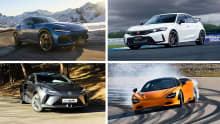

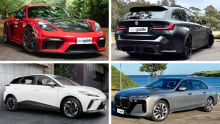
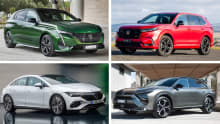
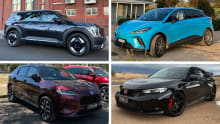
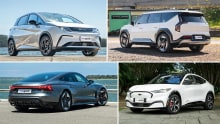
Comments